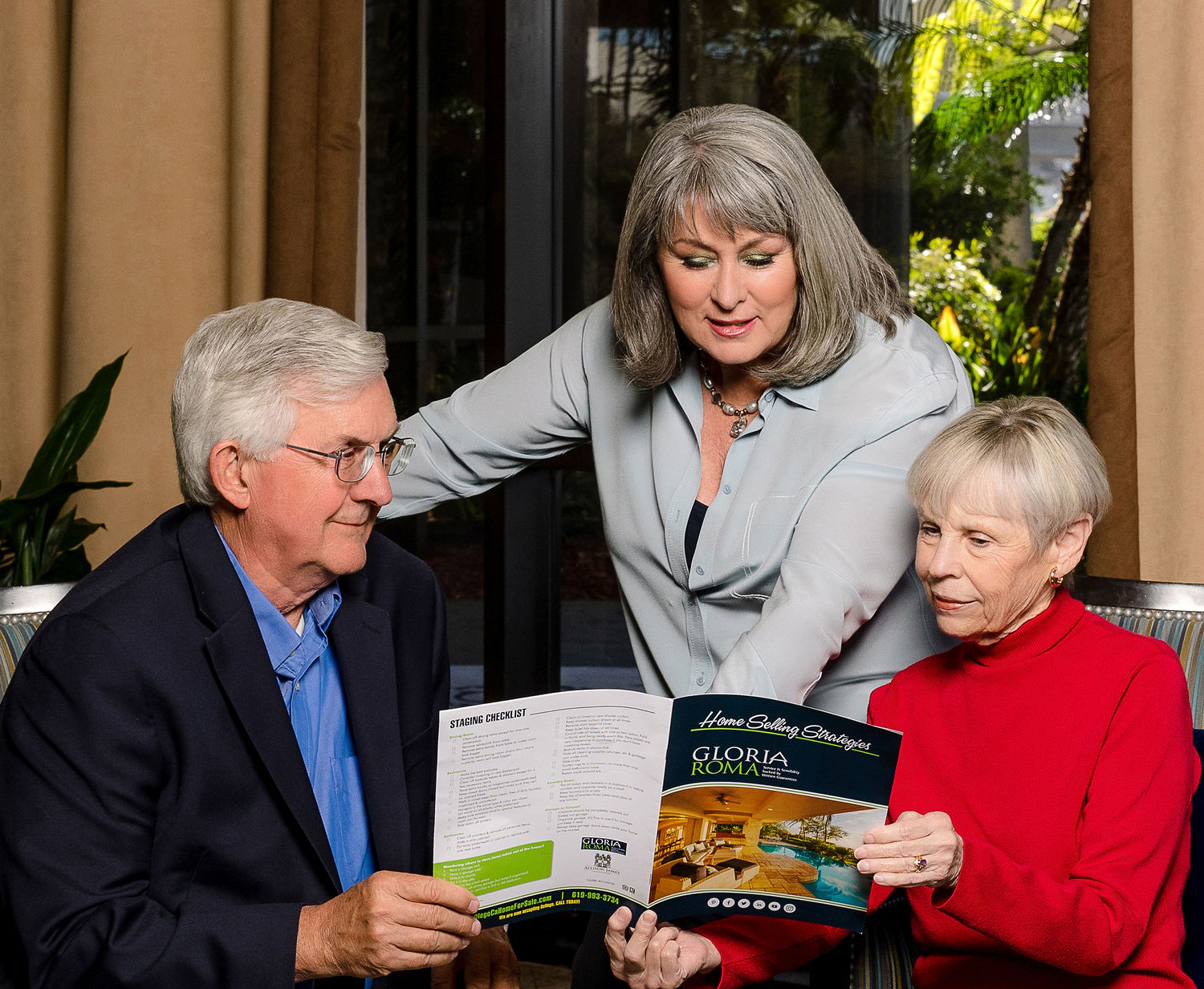Eldercare Helpful Apps Can Make Caring for a Senior Easier
Caring for a senior is taxing enough when you live close by. The task become even more challenging when distance separates the two of you. Luckily, there are ways to bridge the gap using apps and other high-tech tools. In this post we’ll review these options and recommend ways you can keep a watchful on an aged loved one no matter how far apart you are.
Lively
Those who suffer from dementia or other mental conditions sometimes have trouble maintaining regular routines. In extreme cases, these people may leave their homes while in a confused state and harm themselves or others without intention. Lively is an app that alerts adult children and other caregivers whenever a loved one shows signs of such behavior. The app offers a handy way to keep tabs on an older person while still respecting their privacy, according to Business Insider.
Red Panic Button
Don’t let the name of this app fool you. It’s designed to give peace of mind to caregivers who must leave their clients alone for a short time. When something is wrong, the care receiver can signal by simply pushing a red button on their smartphone screen. There are also features for inputting caregiver information, according to Forbes.
Carezone.
This is one of the most comprehensive caregiver apps on the market, according to AARP. The functions for keeping track of medications, contacting health care providers, keeping track of vital signs, and storing insurance cards and other important documents. It’s available for all major platforms, including Apple watch.
First Aid
This app, designed by the American Red Cross, offers easy-to-follow tutorials on how to perform basic first aid and CPR techniques. Knowing how to perform these procedures is part of any caregiver’s list of essential skills. Now the information is as close as your smartphone or tablet screen.
When Apps Aren’t Enough
Sometimes older adults need the kind of care that only a residential situation can provide. When this happens, it’s time for care givers and receivers to consider the advantages of moving to a senior living community. These include:
- The chance to associate with people who share common interests and life experiences.
- There is a range of supportive services such as fitness instructors, nursing assistants, dietitians, and, in many cases, college classes and instructional programs.
- Having a simplified lifestyle that matches the person’s physical and mental abilities.
- A conventional setting with private apartments as opposed to a hospital-type environment.
How to Afford Residential Care
Money concerns always surface whenever someone brings up the topic of senior care – and for good reason. Providing a suitable level of support for the aged can strain all but the deepest pockets. However, in most cases a family can access the funds they need in such situations. Here are some helpful tips:
- ● Access retirement accounts, life insurance, savings bonds, etc. Often these resources are more than adequate for the needs at hand.
● Tap into home equity, either by selling a residence or taking out a line of credit.
● Review the available care packages and settle on one you can afford. Many times this strategy offers substantial savings. For example, the difference between rent for an apartment close to the dining hall is sometimes $50-$100 a month more than one just a little further away.
● Compare nonprofit vs. for-profit facilities. Those operated by religious or charitable groups often have reserve funds set up to help those with limited means.
Providing quality care to aging persons is a top priority for millions of individuals and families. Using the options discussed in this post can help caregivers to meet this challenge, both now and down the road.
Call me or send me an email, I’ll be happy to help you sell your home when you are ready.
Call 726-999-0566
or Email Us


